
casino plus free 100-APP, download it now, new users will receive a novice gift pack.
100 free bonus casino no deposit GCash
author: 2025-01-22 04:03Free sports events uefa champions league app android
author: 2025-01-22 02:08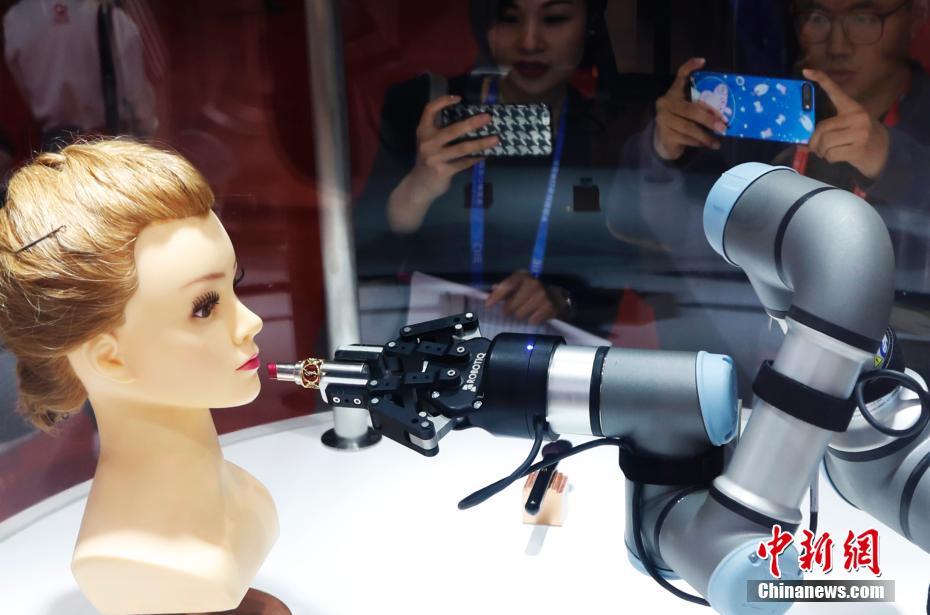 Hearthstone Arena class tier list 2024
Hearthstone Arena class tier list 2024
989.62MB
Check bingo plus update today Philippines
bingo plus update today Philippines
192.29MB
Check European Cup live
European Cup live
712.89MB
Check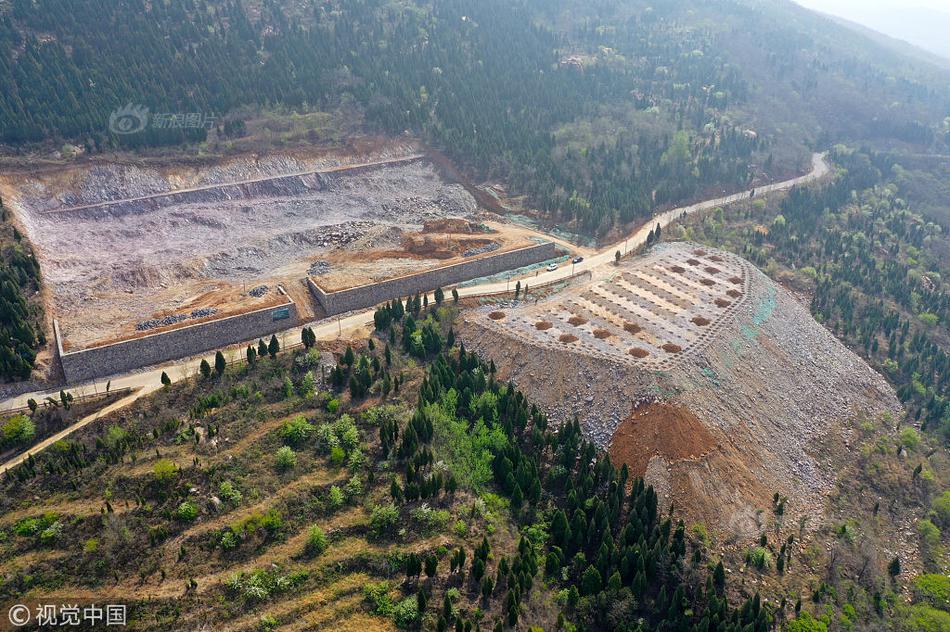 Hearthstone arena class win rates reddit
Hearthstone arena class win rates reddit
376.31MB
Check Hearthstone arena class win rates reddit
Hearthstone arena class win rates reddit
476.37MB
Check UEFA Champions League live
UEFA Champions League live
671.33MB
Check Bingo Plus stock
Bingo Plus stock
974.94MB
Check Hearthstone Arena win rate
Hearthstone Arena win rate
249.24MB
Check Europa League app
Europa League app
552.76MB
Check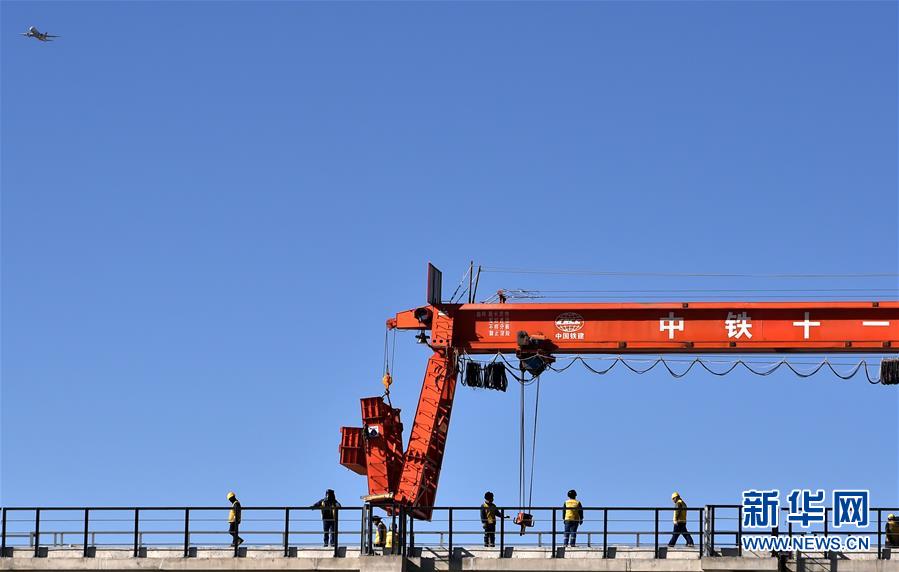 DigiPlus stock
DigiPlus stock
689.58MB
Check European Cup live
European Cup live
318.59MB
Check Hearthstone Arena Tier List
Hearthstone Arena Tier List
347.77MB
Check LR stock price Philippines
LR stock price Philippines
667.29MB
Check DigiPlus
DigiPlus
777.18MB
Check UEFA Champions League live streaming free
UEFA Champions League live streaming free
815.45MB
Check PAGCOR online casino free 100
PAGCOR online casino free 100
176.82MB
Check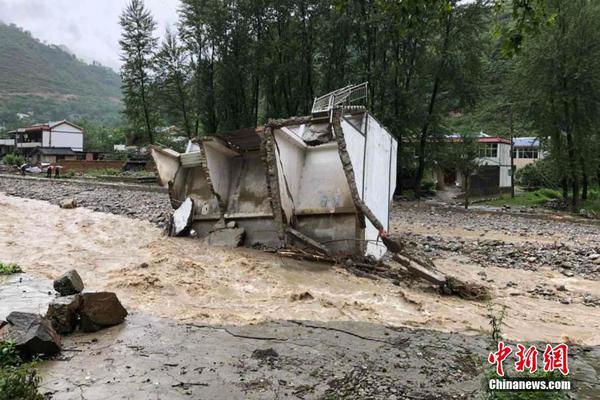 DigiPlus stock
DigiPlus stock
332.69MB
Check Hearthstone deck
Hearthstone deck
139.61MB
Check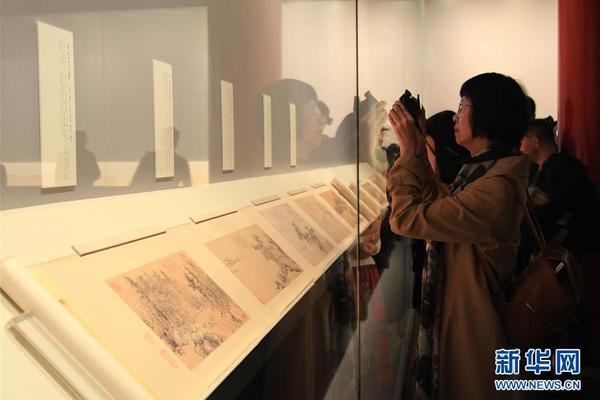 UEFA Champions League live
UEFA Champions League live
935.29MB
Check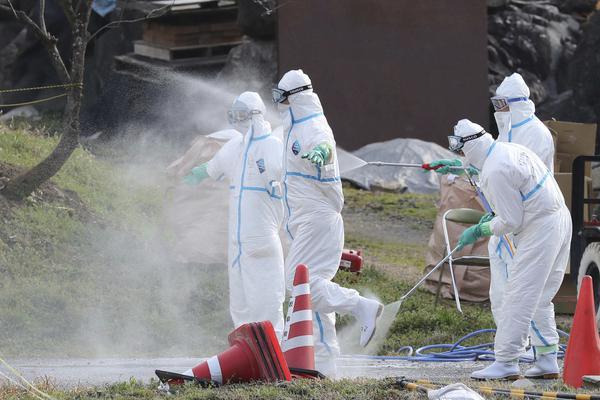 Casino free 100 no deposit
Casino free 100 no deposit
933.81MB
Check Casino Plus
Casino Plus
124.78MB
Check UEFA Champions League live
UEFA Champions League live
513.25MB
Check DigiPlus stock
DigiPlus stock
992.42MB
Check UEFA European championship
UEFA European championship
646.68MB
Check Casino free 100 no deposit
Casino free 100 no deposit
931.31MB
Check Hearthstone arena
Hearthstone arena
131.55MB
Check Champions League
Champions League
836.54MB
Check Casino Plus login register
Casino Plus login register
813.79MB
Check Hearthstone Arena class tier list 2024
Hearthstone Arena class tier list 2024
857.21MB
Check Casino free 100 no deposit
Casino free 100 no deposit
685.28MB
Check UEFA Champions League live streaming free
UEFA Champions League live streaming free
486.11MB
Check Bingo Plus stock
Bingo Plus stock
652.32MB
Check UEFA Champions League live streaming app
UEFA Champions League live streaming app
231.48MB
Check UEFA TV
UEFA TV
824.15MB
Check UEFA Champions League live streaming app
UEFA Champions League live streaming app
389.64MB
Check bingo plus update today
bingo plus update today
826.98MB
Check
Scan to install
casino plus free 100 to discover more
Netizen comments More
325 Walletinvestor digi plus
2025-01-22 04:05 recommend
55 Free sports events uefa champions league app android
2025-01-22 03:43 recommend
1672 Champions League
2025-01-22 03:37 recommend
398 Casino Plus free 100
2025-01-22 02:24 recommend
2487 UEFA European championship
2025-01-22 01:48 recommend